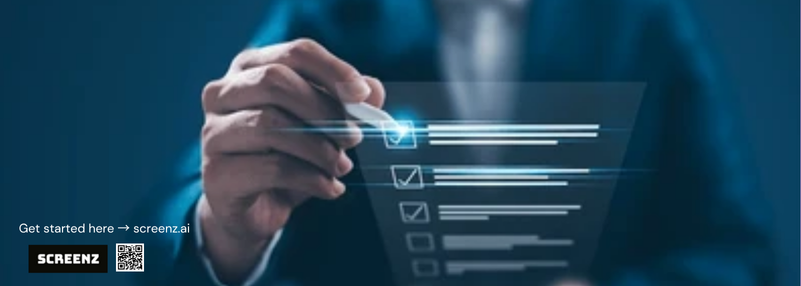Why Subjective Judgment Fails in Hiring and How to Build a Better System
The Limits of Traditional Hiring
For many founders, hiring still relies on familiar tools: resumes, interviews, and referrals. While these methods can help screen candidates, they rarely predict how someone will perform once in the role. In fast-moving environments, the cost of a mis-hire goes far beyond wasted time. It affects team morale, slows down execution, and creates expensive turnover.
The underlying issue is that traditional hiring methods reward presentation rather than execution. Resumes highlight past achievements without context. Interviews often measure confidence and communication more than clarity or decision-making. Even referrals provide only a partial view of someone’s ability. These surface-level signals may feel reassuring in the moment, but they do not guarantee impact once the candidate joins your team.
Why Resumes and Interviews Miss the Mark
A resume provides a list of experiences, but it cannot reveal how someone approaches a new challenge or adapts under pressure. Interviews, on the other hand, often privilege candidates who are articulate or charismatic. They create space for practiced answers rather than authentic demonstrations of skill.
The result is a process that looks thorough but is built on assumptions. Founders may walk away confident in a candidate’s potential, only to find that performance falls short once onboarding begins. For lean teams where speed and execution are critical, this level of risk is too high.
A Structured Alternative with Screenz.ai
At Screenz.ai, we believe hiring should focus on how people actually work. Our platform replaces subjective judgment with structured evaluation, using AI-powered simulations tailored to the role. Candidates complete job-relevant tasks that reflect the realities of your environment—whether that means solving problems, making decisions under pressure, or collaborating effectively.
Instead of assessing candidates on their ability to tell a compelling story, we evaluate them on observable behavior. Their performance is then measured against benchmarks drawn from your own top performers. This approach transforms hiring from a process driven by instinct into one rooted in data, consistency, and clarity.
The Benefits of Evidence-Based Hiring
When founders shift from intuition to structured evaluation, the benefits extend across the business. Hiring cycles shorten because decisions are based on clear evidence rather than subjective impressions. Onboarding becomes more seamless because expectations are aligned from the start. Teams perform better because new hires are selected for their proven ability to deliver at the level your company requires.
Equally important, founders gain predictability. Hiring no longer feels like a gamble but a system you can rely on. Instead of hoping that intuition will lead to the right choice, you are building teams with evidence that directly connects to your company’s needs and goals.
Building Teams with Intention
Hiring is one of the most consequential decisions a founder makes. Yet when it relies on subjective judgment, it introduces unnecessary risk. To scale with confidence, founders need a process that is structured, transparent, and grounded in real-world performance.
At Screenz, we help founders make that shift. By focusing on how people think, work, and deliver under realistic conditions, we give you the clarity to hire with intention. The result is stronger teams, faster execution, and less risk of misalignment.
If you are ready to move beyond resumes and interviews and build a hiring process that reflects how work really gets done, explore how Screenz can help.
👉 Visit screenz.ai
to learn more.
.avif)









